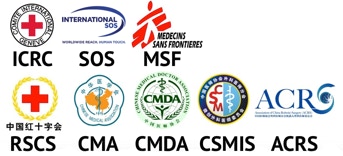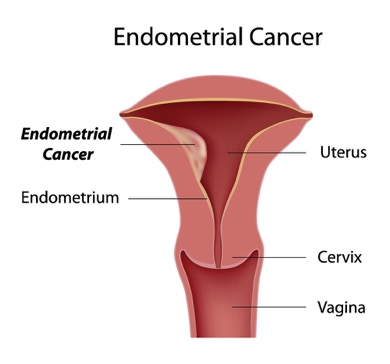

Doctors
Institutions
Conditions
Drugs
Insurances
How is endometrial cancer diagnosed?
If your healthcare provider thinks you might have endometrial cancer, you will need certain exams and tests to be sure. Diagnosing endometrial cancer starts with your healthcare provider asking you questions. He or she will ask about your health history, your symptoms, risk factors, and family history of disease. Your healthcare provider will also give you a physical exam. This will include a pelvic exam.
Diagnosis may be done by a gynecologist. Or you may see a gynecologic oncologist. These doctors specialize in treating cancers and other diseases of the female reproductive organs.
What tests might I need?
You may have one or more of the following tests:
Transvaginal ultrasound (ultrasonography)
Endometrial biopsy
Dilation and curettage (D&C)
Transvaginal ultrasound (ultrasonography)
An ultrasound test uses sound waves to create images on a computer screen. It’s done with a small wand called a transducer that’s placed in the vagina. The test creates pictures of the uterus and measures the thickness of the endometrium. The doctor may do a biopsy if the endometrium looks too thick.
Endometrial biopsy
A biopsy is when small pieces of tissue are taken and looked at with a microscope. A biopsy is the only way to confirm cancer. An endometrial tissue sample is collected by using a small flexible tube that is put into the uterus. The tissue sample is examined to see if there are cancer cells or other abnormal cells in it. This biopsy is often done in a doctor’s office. It may also be done during a D&C.
Dilation and curettage (D&C)
Your doctor may recommend a D&C if an endometrial biopsy is not possible or more information is needed. This is a minor surgery in which the cervix is opened (dilated). The cervical canal and uterine lining are then scraped with a spoon-shaped tool called a curette. A pathologist looks at the tissue for cancer cells.
Getting your test results
When your healthcare provider has the results of your tests, he or she will talk with you about next steps. Your provider will talk with you about other tests you may need if endometrial cancer is found. This may include repeating the biopsy or more tests. Make sure you understand the results and what follow-up you need.












